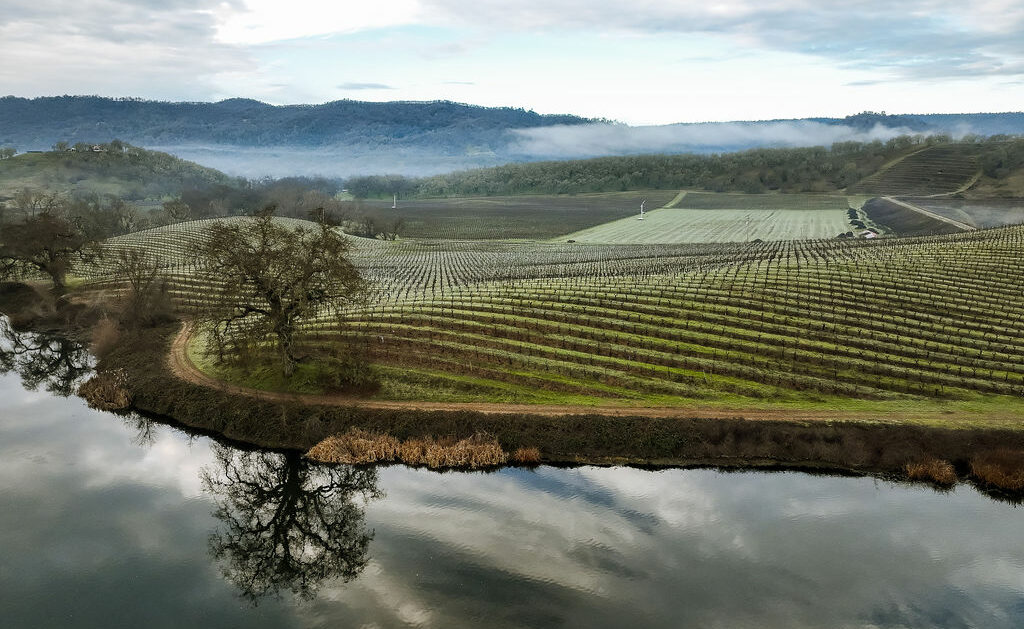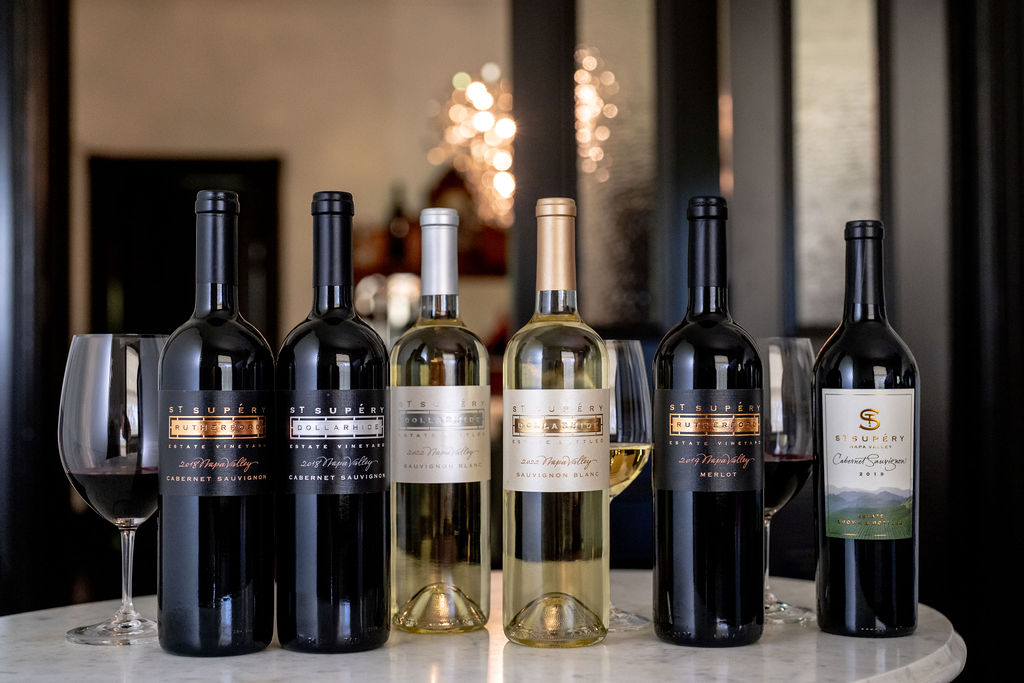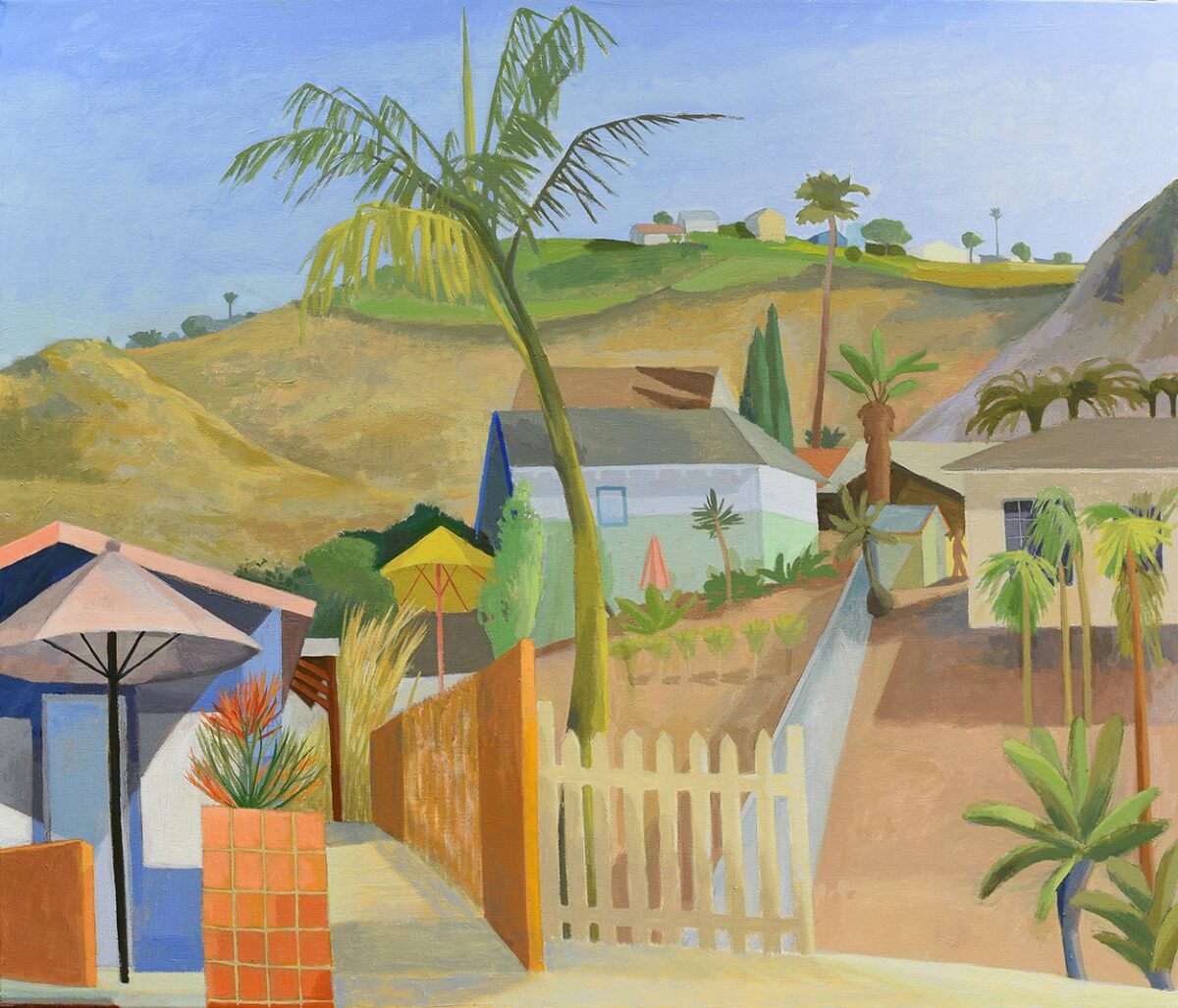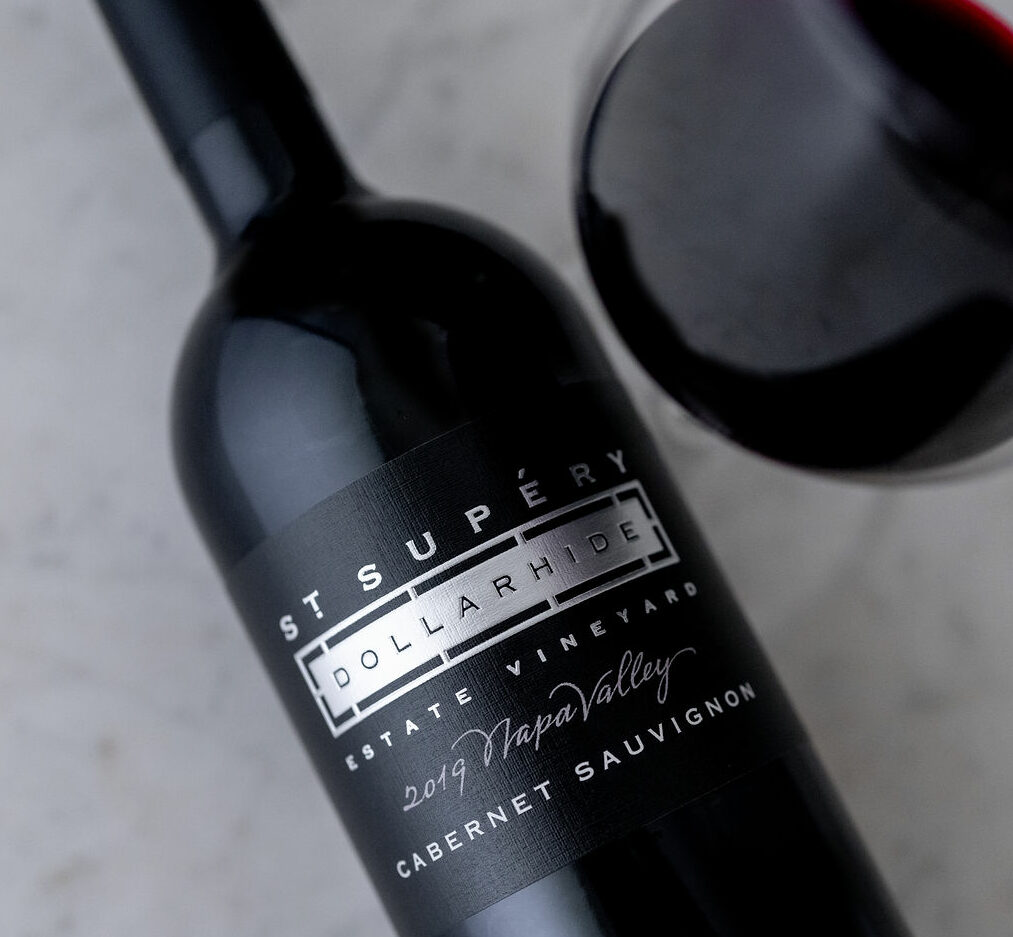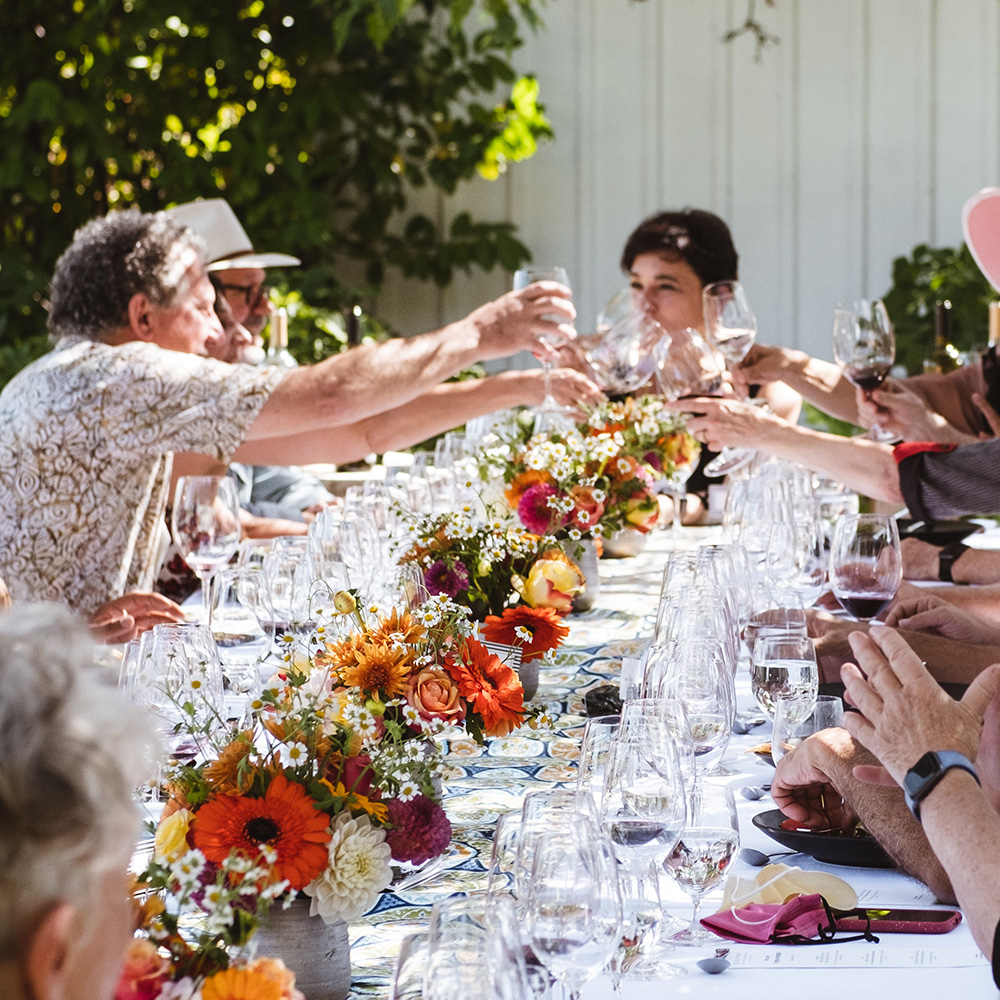Cultural construct of luxury is a litmus test for the achievements and concerns of a society. It evolves with the times moving consumer behavior towards mindful craftsmanship and purpose-driven acquisition of goods and services. While the global pandemic hit the hospitality industry the hardest, its luxury segment has exhibited resiliency. It has been supporting the much-needed economic rebound efforts around the world. From Spain to Mexico, purveyors of luxury properties and experiences are proactively challenging what it means to have the means to change the world. In the United States, winemakers of Napa Valley have been pioneering luxury hospitality concepts for well over a century.
The latest shift responds to the guests’ growing desire to move beyond the top amenities, exclusive spa treatments, and gourmet cuisine towards something more meaningful. Don’t worry, the beloved spas and fine dining are here to stay. Holistic approach to programming simply expands the notion of enotourism. It centers support for the local arts scene, social and environmental justice, and focuses on making lasting interpersonal connections. The goal is to strengthen post-pandemic communities which now fully include virtual friends as well. As tourists are “finally coming back” to California, Napa Valley leads the way. Among its historic businesses, St. Supéry Estate Vineyards & Winery serves as a fascinating case study in radical reimagining of the link between hospitality and philanthropy.

